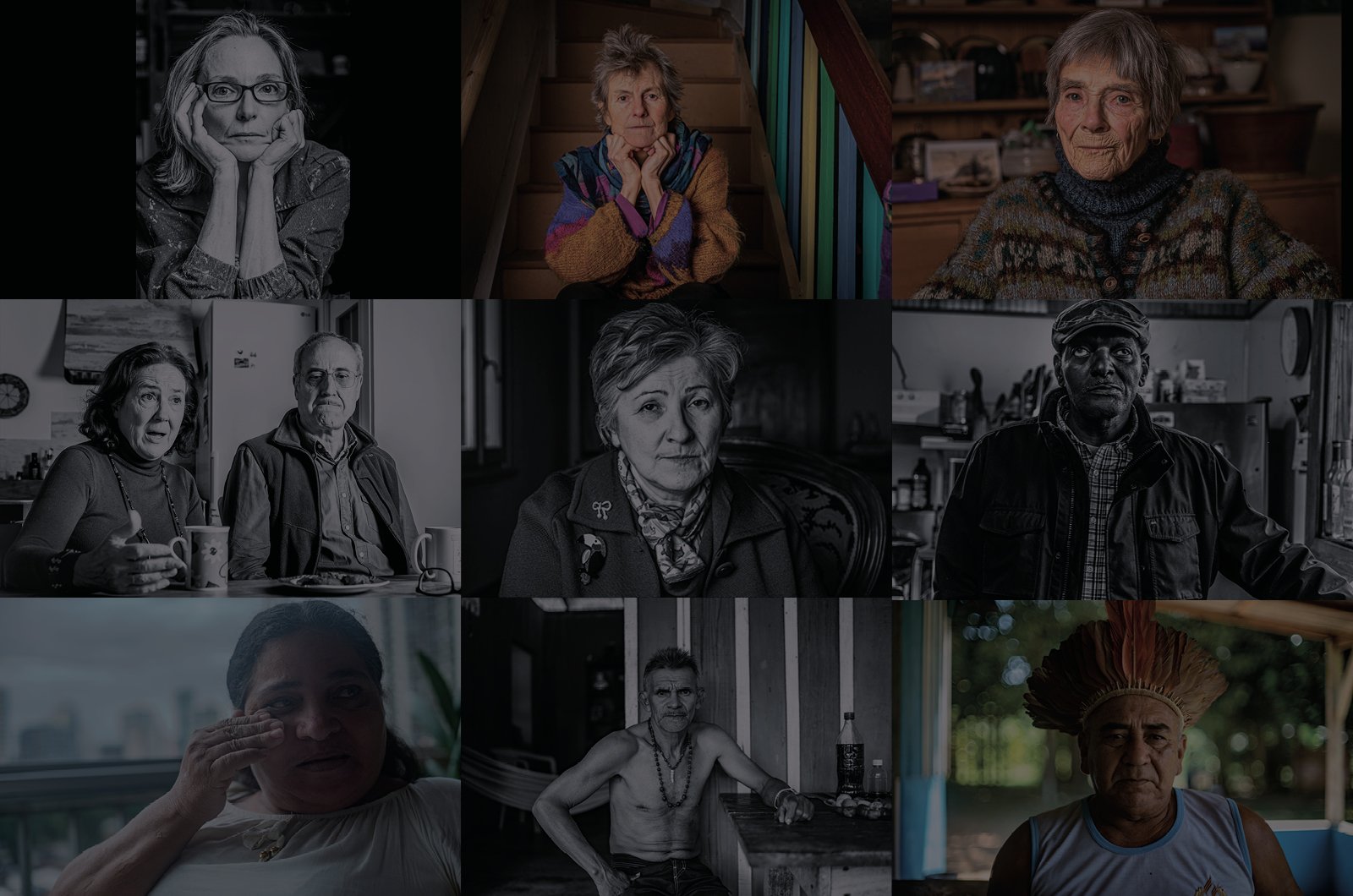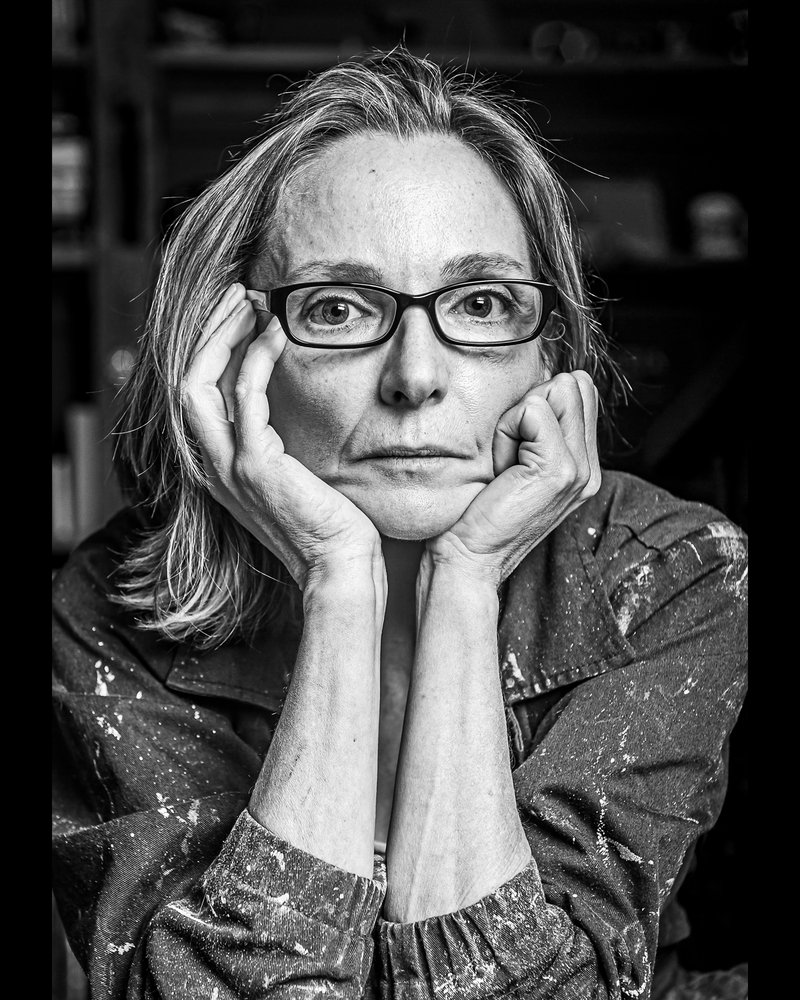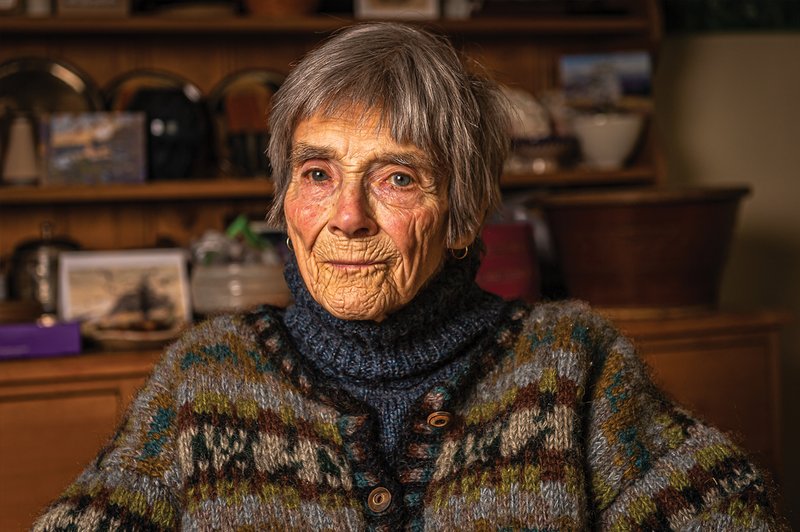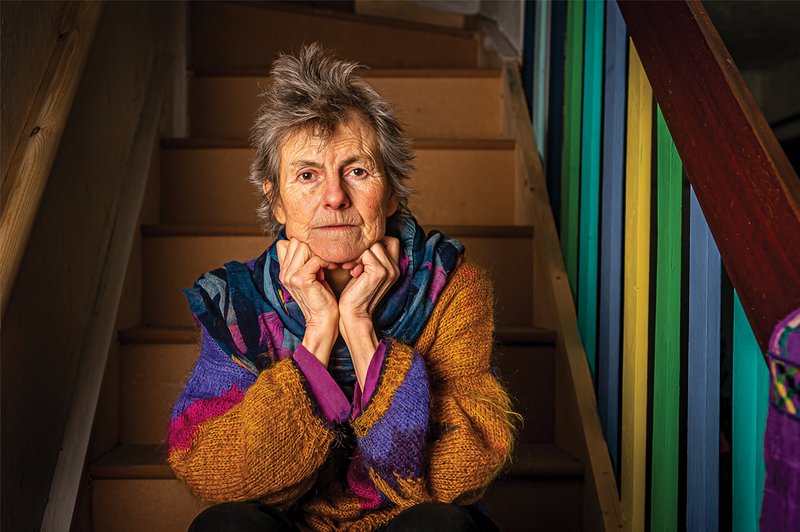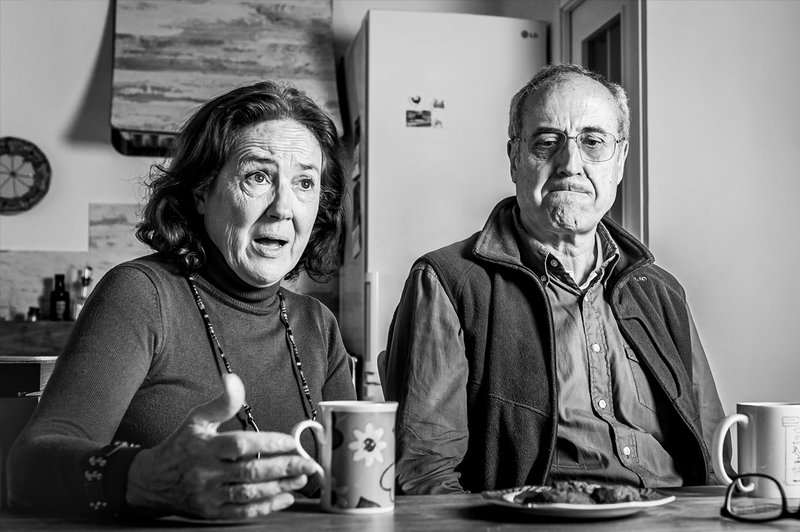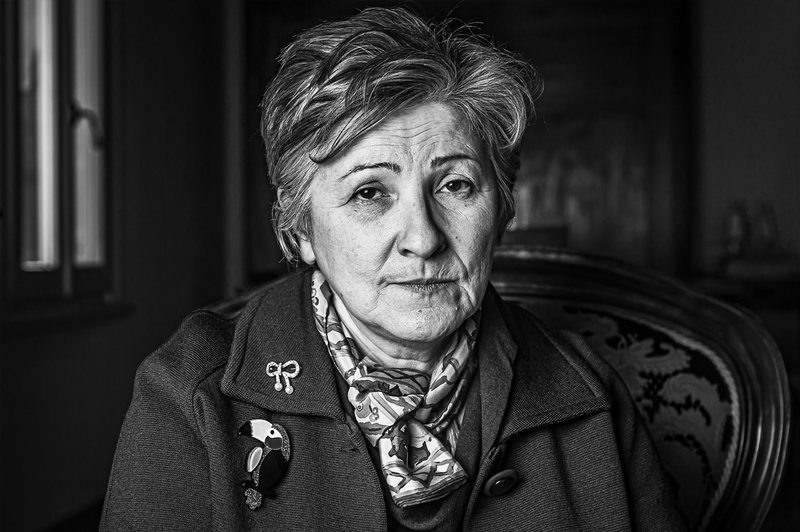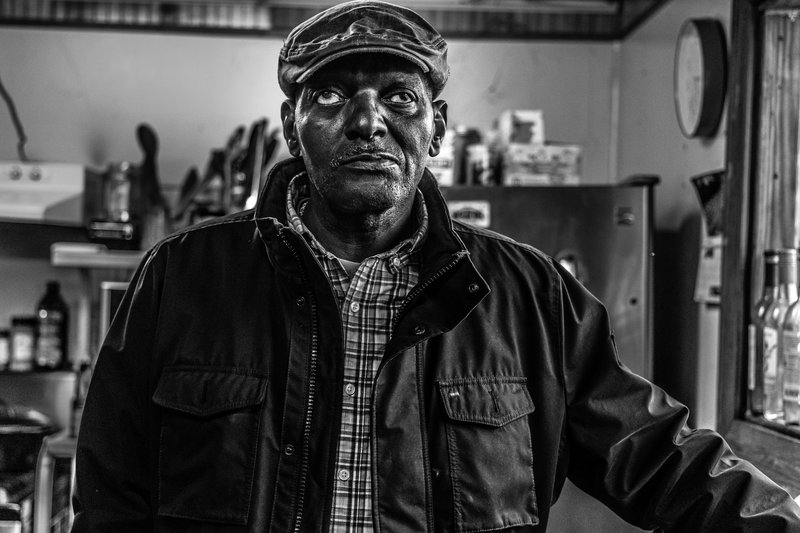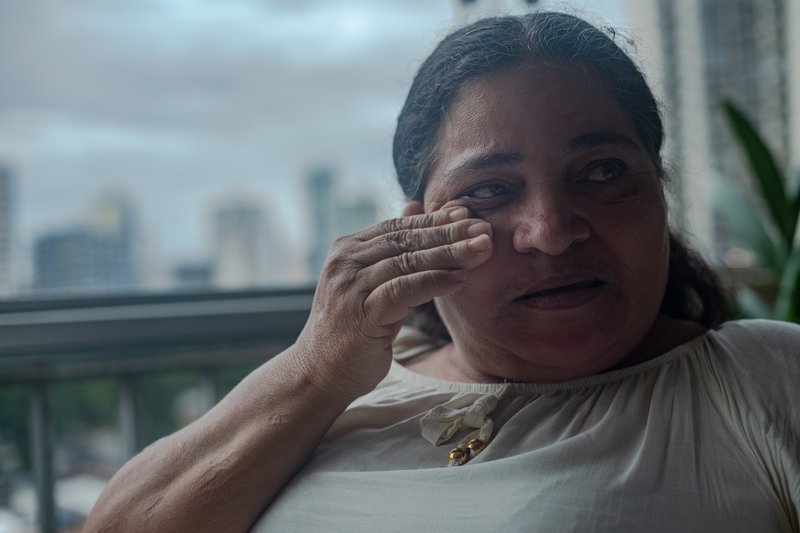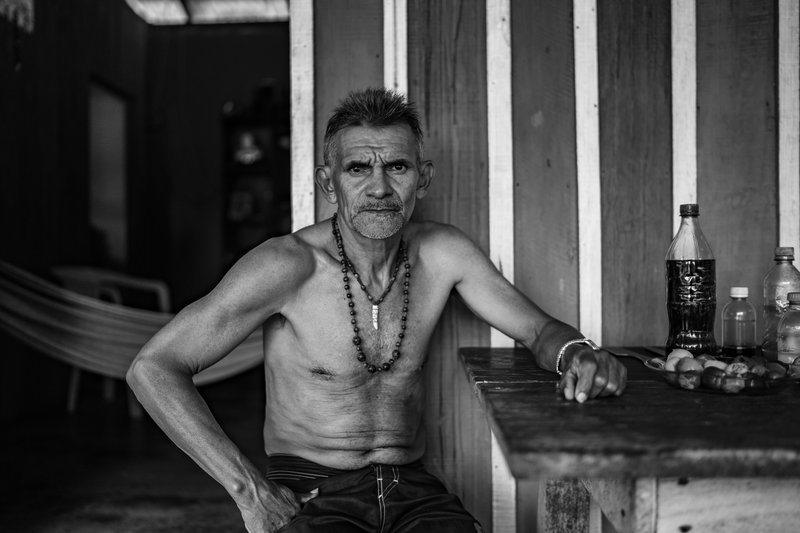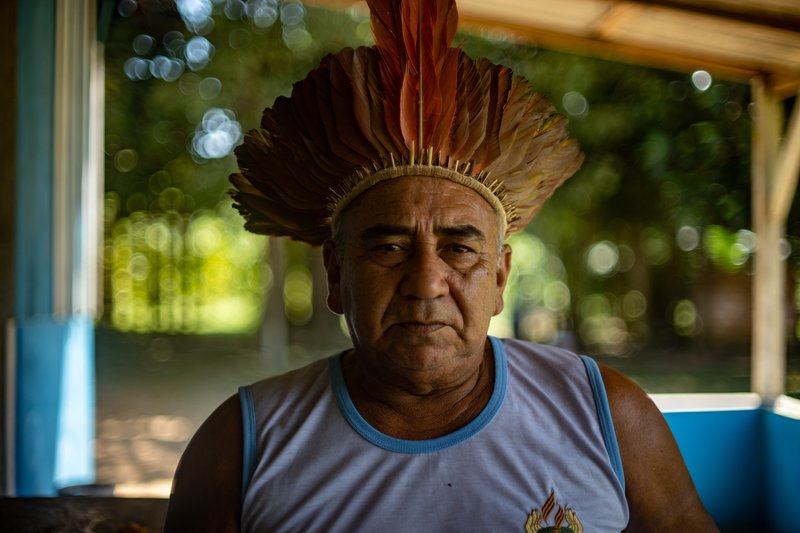Killing Machines
“I was born inside the forest. My parents lived and died here. They raised our family here. I raised my family here. There were game animals, there were fish in the creeks, there were fruits. But ever since soya farming arrived, around 2004, first in small crops and more recently in industrial farming scale, us, indigenous, are living in torment.
We see this industrial farming being promoted in the government propaganda, saying it generates income, jobs. It’s all a lie. It creates no jobs, as everything is mechanised.
Machines take down the forest. Machines seed. Machines harvest. Machines load the grain in the trucks. Machines take it from the trucks onto the ships that will take it abroad. Machines do everything, so there is no need for any humans.
We are watching the destruction of our forest, the death of our animals, the disappearance of our fruits, of the native medicines that healed us.”
PAULO DA SILVA BEZERRA
AÇAIZAL VILLAGE, MUNDURUKU OF THE PLATEAU INDIGENOUS TERRITORY, LOCATED IN THE CITY OF SANTAREM, PARA STATE, BRAZIL
Image credit: Mauricio Monteiro Filho/CIWF

